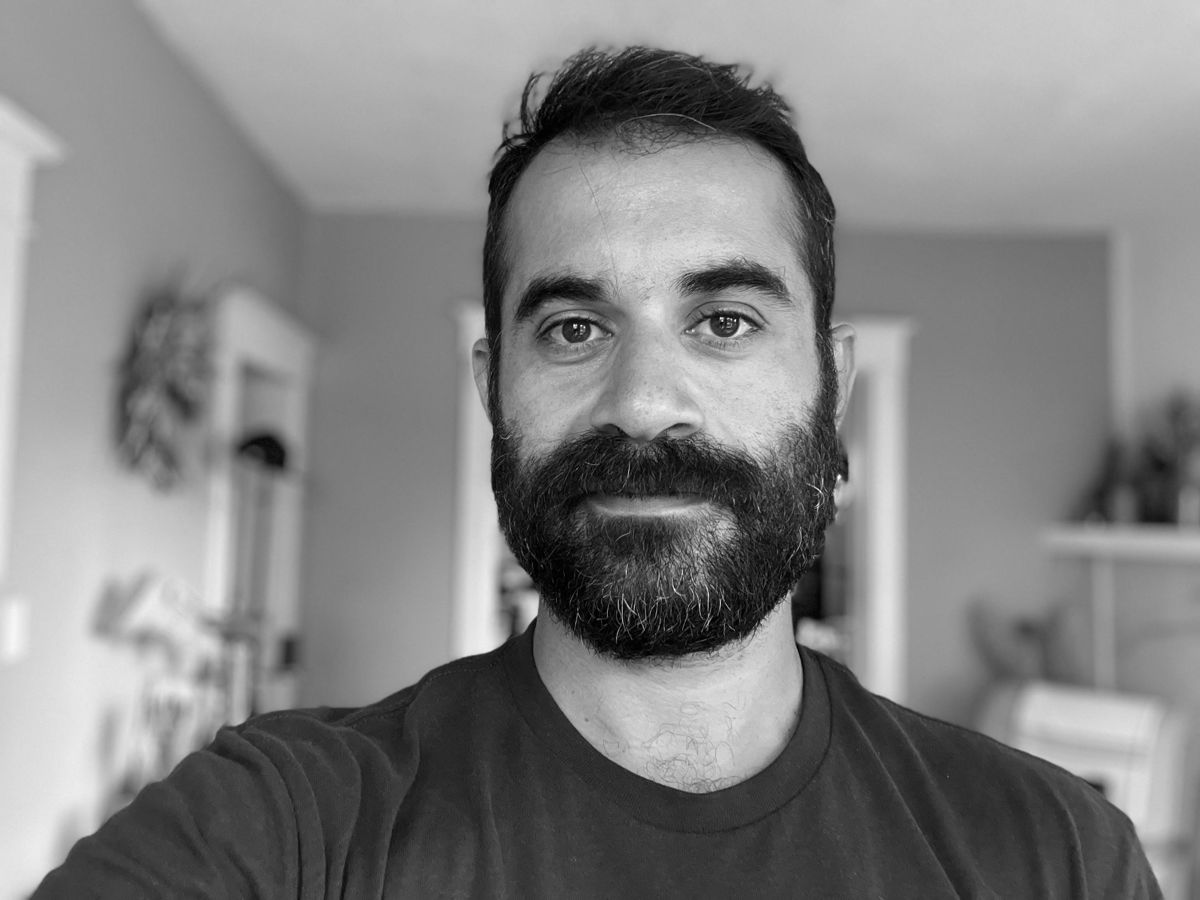Do poverty, war, and health crises really lie outside of your responsibility?
“I grew up with this sense of how inappropriate and unfair the world is. And how I shouldn’t be passive in this injustice and that I shouldn’t just take care of myself.”
With an English-Canadian mother and a refugee from Iran for a father, Reza Eshaghian grew up with an awareness of multiculturalism and differences in living standards.
Not wanting to follow in the footsteps of his father, a doctor, young Reza aspired to become a computer game developer instead – until a fateful book, “An Imperfect Offering” by James Orbinski, changed his path in life dramatically.
With commendable persistence, Reza took each step of his education and career so he would eventually become eligible for his goal: Signing up as a humanitarian physician with Doctors Without Border / Médecins Sans Frontières and helping those fighting for survival in crisis zones around the world.
In nine years of working with MSF, Reza has served in Ethiopia, South Sudan, Central African Republic, Democratic Republic of Congo, Syria, Yemen, and Ukraine.
This episode offers a first-person account of the things you did not expect humanitarian aid work to be like. Among others, we delve into the following questions:
What do you need to do to become a humanitarian doctor with MSF in the first place? Can you choose where to go? How can you reconcile a career at home with being abroad for months on end? In what ways is the fieldwork not all like you would expect? What emotional impact does this work have and how does one deal with it?
Thank you, Reza, for these valuable insights and the existential work you do.
If you, dear listener/reader, want to help Reza and his colleagues help others, maybe you want to consider donating to MSF?
In short, we talk about this in the episode:
- How to become THAT person who saves lives worldwide on a Doctors Without Borders mission.
- What day-to-day humanitarian aid work is really like, beyond what you learn on the news.
- The emotional impact of working in crisis zones, how to cope with and grow through them.
Resources mentioned in this episode:
- Médecins Sans Frontières: msf.org
- Donate here: msf.org/donate
- Reza playing piano – “Kercha” on YouTube
- Reza’s favourite Iranian dish – “Fezenjan”
- Book by James Orbinski – “An Imperfect Offering”
Did you enjoy this episode?
Make sure to leave a rating or review wherever you listen to WHYLD Podcast.
And of course: Tell your friends about us!
Give me more!
Subscribe
Login
0 Comments
Oldest
Newest
Most Voted
Inline Feedbacks
View all comments
